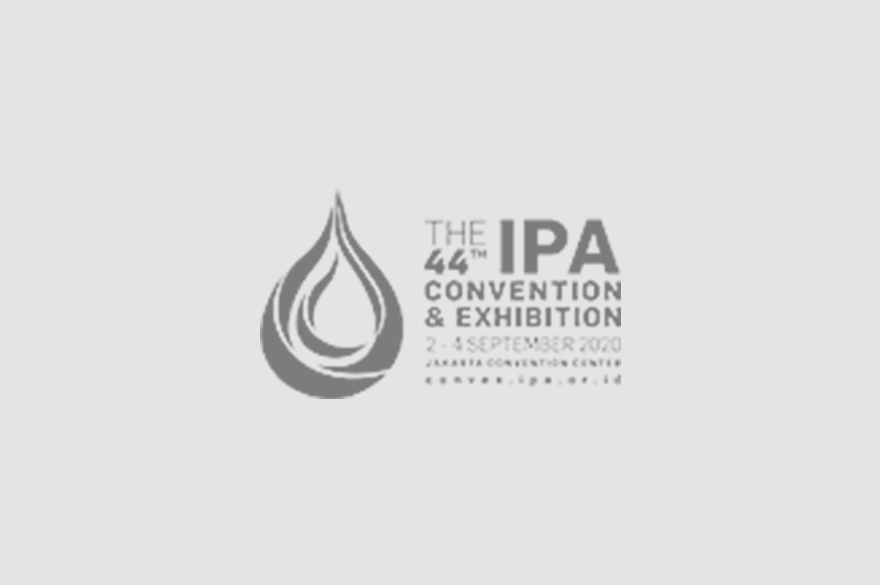Omnibus Law to Make Upstream Oil and Gas Industry Licensing Faster, with Certainty
/
JAKARTA. The business certainty in the upstream oil and gas industry will be clearer after the promulgation of the Omnibus Law. The Law will be followed up by a Presidential Regulation (Perpres) that makes it easier for cooperation contract contractors (KKKS) to manage permits in carrying out operations. The system will be integrated, with the launch of the Online Single Submission (OSS).
Licensing in the oil and gas industry will be included in risk-based business licensing. Sampe L. Purba, an Expert Staff of the Ministry of Energy and Mineral Resources, said that with the Job Creation Law, the principles are competitiveness, the certainty of law, ease of doing business, and efficiency. “So the regulations are put under one roof,” he said, Friday (3/9).
He said upstream oil and gas business activities have so far been regulated by several regulations such as Law No. 22/2001, PP 35/2004, Presidential Regulation 9/2013, and PSC contracts. In this new regime, upstream oil and gas activities must also abide by the Job Creation Law.
“In the transition period there may be duplication, there may be issues and simplifications. In this context, we want to make sure which parties are accountable and which ones are responsible,” he said.
Sampe expressed that KKKS, SKK Migas, and the Ministry of Energy and Mineral Resources must synergize among themselves before coordinating with other ministries/agencies. “This is so that upstream activities are carried out internally, it must be clear in-house. Only after that they can work with other sectors, in regard to regulations and certifications. That’s what we bring to the table,” he added.
There is a new Government Regulation No. 5/2021 concerning the Implementation of Risk-Based Business Licensing and Regulation of the Minister of Energy and Mineral Resources No. 5/2021 concerning Standards for Business Activities and Products in the Implementation of Risk-Based Business Licensing in the Energy and Mineral Resources Sector.
Head of Formalities Division of SKK Migas Syaifudin said regarding licensing in the upstream oil and gas sector, there are two clusters: before the signing of the PSC and after. Currently, there are around 116 permits that must be passed by KKKS in carrying out upstream oil and gas activities.
He said PP No 5/2021 provides that business entities must have a business registration number (NIB) and a work contract will be regarded as a business license. He said, there would soon be a Presidential Decree regarding this permit. Indeed the discussion was about a comparison of simpler permits systems in other countries such as Malaysia.
Another discussion was about the point where the oil and gas products are handed over to the government, who will take care of the permits, would it be KKKS or SKK Migas. “For our part, we did propose that the Business Entity focus on the technical aspect. Is it possible for SKK Migas to take care of the administrative aspect?” he explained.
Furthermore, related to environmental licensing, he admitted that the process was indeed quite long. For this reason, SKK Migas has proposed a shortening of licensing process. “SKK Migas should be the one to issue directive letters. Then the UKL UPL procedure should only be carried out by the Director-General, you should not need to go as high as the Minister of LHK for this. This is the improvement that we propose for the Presidential Regulation,” he said.
Director of the Prevention of Environmental Impacts for Business and Activities at the Ministry of Environment and Forestry Ari Sudijanto, said that from 1986 to 2021, with the issuance of PP No. 22/2021, there have been seven regulations improving the management of AMDAL licensing. “Basically, we continue to improve the licensing process of AMDAL to keep up with latest development,” he said.
He also agreed that in principles of the Job Creation Act aimed at ease of doing business. Currently, it is still in the process of transition, so it would seem that there are still problems. But upstream oil and gas activities can be faster now because environmental documents have been integrated into the system.
However, he said, currently there are several challenges regarding AMDAL. There will soon be a special feasibility study team for the oil and gas industry. “Our biggest client is indeed the oil and gas industry,” he added.
In the future, he said, everything will be done online through the Amdalnet information system.
The Senior Expert for Energy at Deputy I KSP Yusuf Didi Setiarto said that the Omnibus Law was a radical choice, so many were skeptical and against it. However, the government and the Parliament ensured that the adoption of the law must be carried out so that Indonesia can move forward. “From 80 laws of 1,200 articles into one Job Creation Act with 174 articles. There are 11 clusters, this is a structural transformation being carried out,” he explained in the Morning Talk event, IPA Convex 2021, Friday (3/9).
Although this transition period has not seen many changes, Didi stated, business licensing will be included in the large One-Stop Service (OSS) system fronted by the Ministry of Investment and BKPM. “Is the OSS a sewing machine or tailor? The tailor will be OSS, not KSP and the Director-General of Oil and Gas,” he said.
He said that with the OSS system, licensing for oil and gas investors would be easier. The reason is, upon issuance of NIB, upstream oil and gas activities can immediately be carried out; for example drilling programs in areas such as forest areas. “We believe that the Ministry of Environment and Forestry has greatly transformed to interpret the President’s vision. The question is whether the system supports it. Especially in regard to the process, interlinking ministries/institutions/local governments,” he said.
